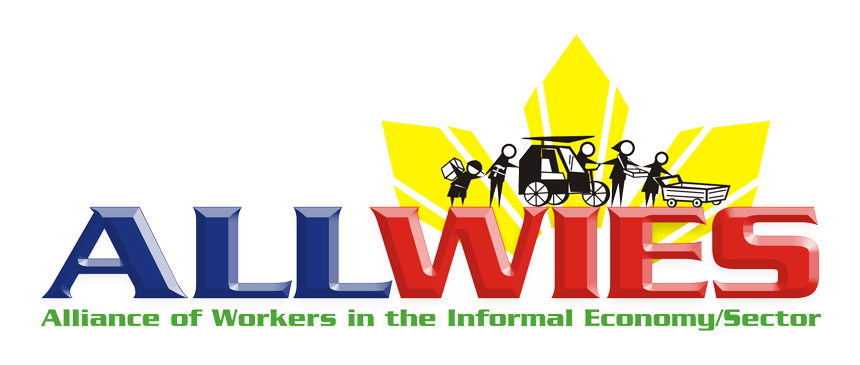The Education Committee of ALLWIES shares this information material about the informal economy which is believed to be very useful to policy makers, legislators, program and project developers, advocates, national and local government leaders and the workers in the informal economy themselves. This information includes the discovery of informal sector in 1950's, the international debates, the gender perspective. It also includes the three schools of thoughts of informal sector : 1) the dualist school popularised by the ILO in 1970's, 2) the structuralist school popularised by Caroline Mosser and Alexandro Portes among others in the late l970's and l980's, and 3) and legalist school popularised by Hernado Soto in
the l980's and l990's.
This information also includes the new term and expnaded definition of the term informal economy and its key features.
Quoting some from this link :
"Current thinking regarding the informal economy, as summarised below, suggests the need for an integrated approach that looks at which elements of the dualist, legalist and structuralist schools of thought are most appropriate to which segments and contexts of informal employment. Clearly, some poor households and individuals engage in survival activities that have – or seem to have – very few links to the formal economy and the formal regulatory environment (dualist school); some microentrepreneurs choose to avoid taxes and regulations (legalist school); while other units and workers are subordinated to larger firms (structuralist school)".
"Current thinking regarding the informal economy, as summarised below, suggests the need for an integrated approach that looks at which elements of the dualist, legalist and structuralist schools of thought are most appropriate to which segments and contexts of informal employment. Clearly, some poor households and individuals engage in survival activities that have – or seem to have – very few links to the formal economy and the formal regulatory environment (dualist school); some microentrepreneurs choose to avoid taxes and regulations (legalist school); while other units and workers are subordinated to larger firms (structuralist school)".
Informal Economy and Gender

No comments:
Post a Comment